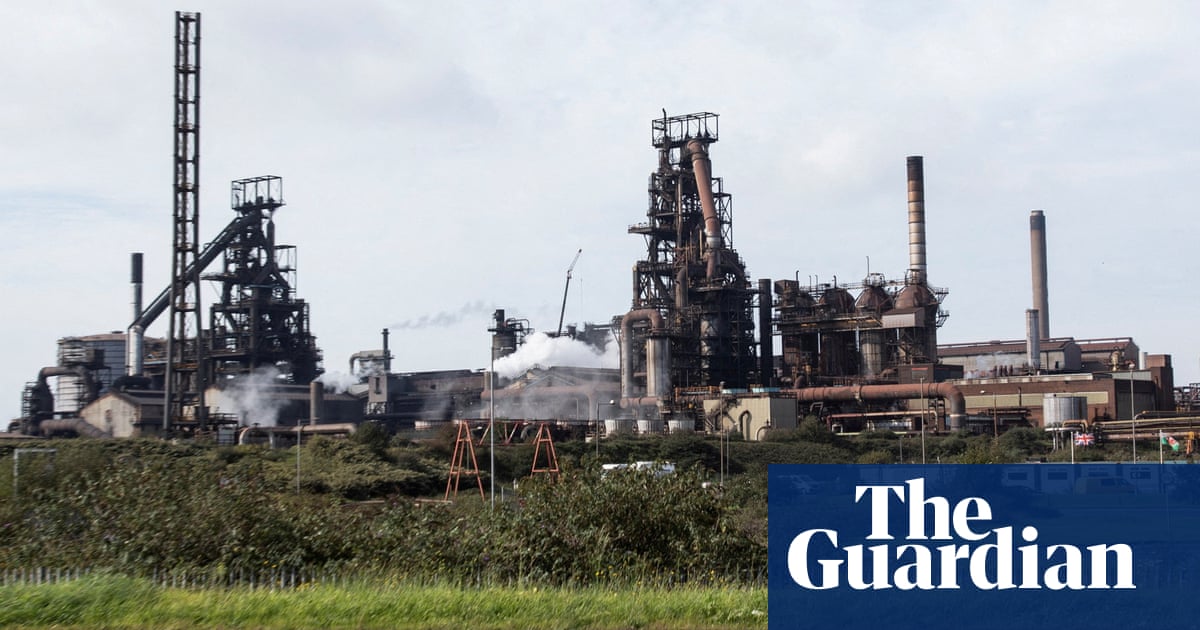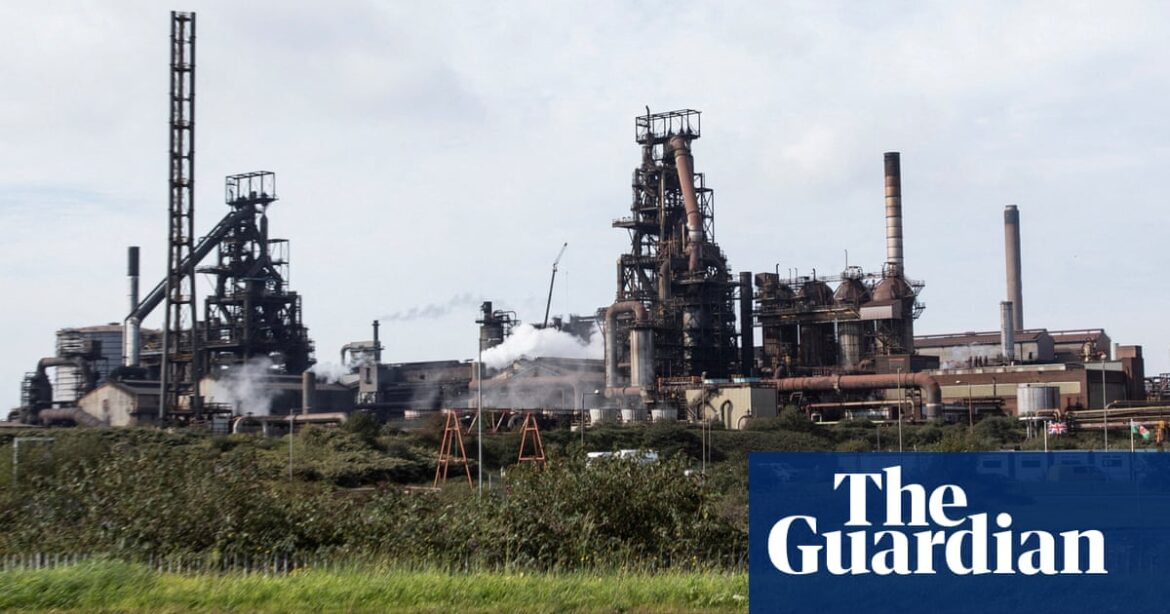
The government’s anti-dumping agency suggests lifting restrictions on the import of specific steel products following the announcement to shut down blast furnaces in Port Talbot.
The agency responsible for safeguarding UK industry against unfairly traded imports, the Trade Remedies Authority, has recommended to the business secretary, Kemi Badenoch, to temporarily suspend safeguarding measures on imported hot-rolled flat and coil steel for a period of nine months.
The announcement was made one month after Tata Steel announced its plan to close the remaining two blast furnaces at the Port Talbot steelworks in south Wales. This would lead to a loss of over 2,800 jobs.
Following the ruling, Tata and Kromat, a steel importer from the UK, requested that the TRA review the possibility of halting the implementation of safeguards. These restrictions impose a maximum threshold for tariff-free steel imports to the UK, with any imports exceeding the quota being subject to a 25% tariff.
The shutdown of blast furnaces will greatly reduce the amount of hot-rolled flat and coil steel that can be manufactured in the UK, potentially leading to exceeding import quotas.
The TRA chief executive, Oliver Griffiths, said: “These reviews are designed to prepare the current steel trade regime for future changes in production at Port Talbot.
“We aim to prevent a scenario where the UK economy incurs additional expenses due to new imports being required to fill the gap caused by decreased domestic production, resulting in a 25% tariff.”
The Trade Remedies Authority proposed that since Tata is the only producer of these goods in the UK, it is improbable that increased imports would cause significant harm to UK producers.
Tata plans to construct four more environmentally-friendly electric arc furnaces at the Port Talbot location. However, these furnaces will only have the capability to handle recycled steel and their construction is expected to take up to four years.
The TRA stated that it was conducting the reviews simultaneously with the discussions between Tata and labor unions. If a new production plan is approved, it will be considered in the TRA’s recommendation to the government.
The Trade Remedies Authority has implemented reasonable measures, taking into consideration changes in domestic production and the impact on the economy’s steel access. According to William Bain, who is in charge of trade policy at the British Chamber of Commerce, these reviews are sensible.
According to James Selka, the head of the Manufacturing Technologies Association, the decision is beneficial as long as the UK has no plans to manufacture it in the future. However, he stresses that UK production is crucial for ensuring supply chain security in the future.
He stated, “We are of the opinion that steel production is crucial in bolstering the UK government’s advanced manufacturing strategy, which aims to revive UK manufacturing after ten years of decline.”
“Steel production plays a crucial role in ensuring supply chain stability.”
Ignore the newsletter advertisement.
after newsletter promotion
The TRA has initiated a reassessment of the tariff-free limit for hot-rolled flat and coil steel in the coming years. This review is expected to be completed before the nine-month anti-dumping suspension expires, and will take the place of the current measure.
On June 30th, the safeguarding measures for hot-rolled flat and coiled steel, which is classified as one of 15 types of steel, are set to expire.
At the beginning of the week, the TRA advised the government to prolong the protections for these items for a minimum of two more years.
Chrysa Glystra, the trade and economics policy manager at UK Steel, said: “Any changes to the domestic supply of safeguard category one, hot-rolled coil, in the UK, are specific to this category and do not impact the overall need for safeguards in the UK.
The initial reasons for their implementation are still relevant, specifically the concern of trade being redirected due to US section 232 tariffs and the increase in excess steel production worldwide.
Source: theguardian.com



